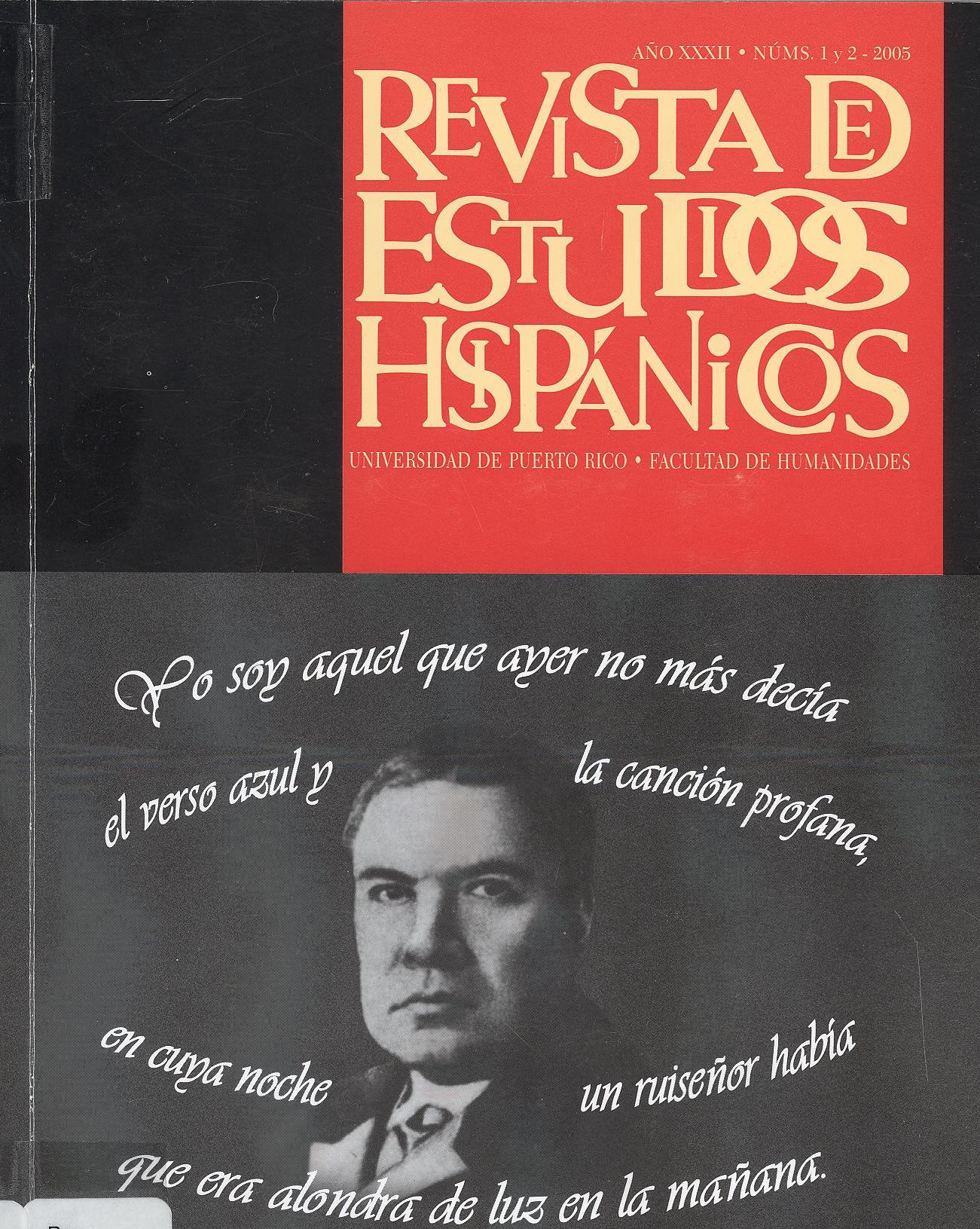Abstract
This article explores the disjunction between aesthetics and political ideology in Roque Dalton's literary production, specifically in his award-winning (Casa de las Américas Poetry Prize) Taberna y otros lugares (1969). It argues that the dominant problematic of this poetry is the tense interplay between poetic convention and political intent and illuminates this relation using Theodor Adorno's and Dalton's own meditations on poetry and commitment. In much of his poetry, Dalton plays with poetic convention along with Salvadoran colloquialism and an acerbic sense of humor, for example, in order to produce sociopolitical critiques. Using examples from Taberna ..., this article reads the poetic speaker's love/hate relationship with the nation as an illustration of the aesthetic and ideological difficulties the (bourgeois) revolutionary artist confronts. This article shows how by combining varied types of language with a critical view of his own and hegemonic political ideology, Dalton effectively challenges expectations of political literary texts.This work is licensed under a Creative Commons Attribution-NonCommercial 4.0 International License.
Downloads
Download data is not yet available.

